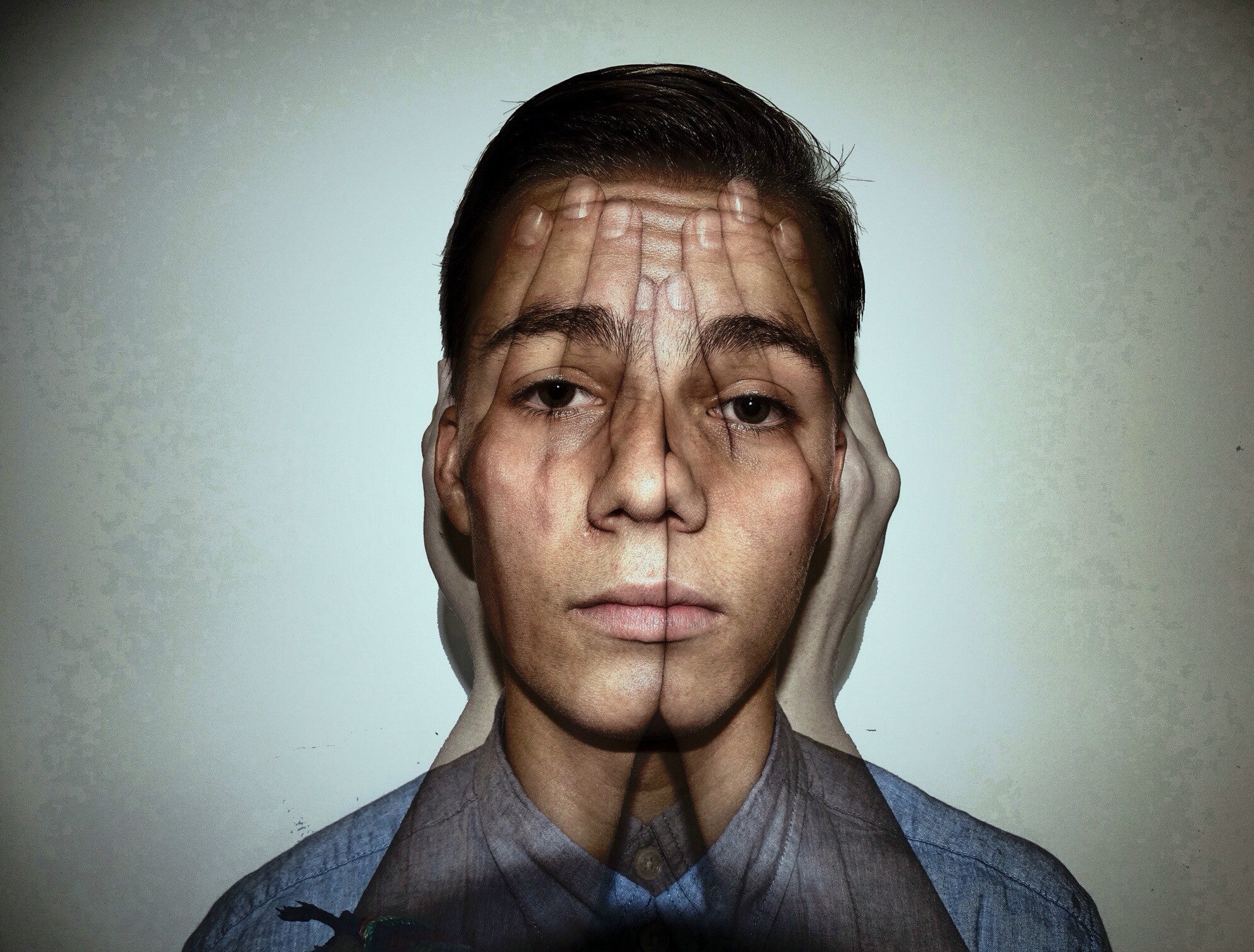As a man, my depression has been hard to face up to - but it has made me the person I am today
Despite being the biggest single cause of death for men under 35, depression still carries with it a sense of shame and a stigma that is difficult to escape or overcome

Back when I was first trying to work out what was going on in my head, I read an article written by Alastair Campbell who said “nobody would wish depression on their worst enemy”. I’ve still yet to come across a more appropriate expression of how depression makes me feel. I wouldn’t know how to describe depression to someone that hasn’t experienced it, and those that have certainly don’t need anybody else to articulate it for them.
After years of denial and saying “that doesn’t happen to people like me” I worked out what was going on; I was depressed. Back then I thought it would go away, but it didn’t. I thought that I would ‘beat’ it, but I didn’t. It’s always waiting in the wings, and over time I’ve got used to the warning signs of a looming downward spiral. Every time it hits, I hold onto a shred of consolation in knowing that it isn’t the first time and it certainly won’t be the last. That this, too, shall pass away.
I’ve accepted that it isn’t going anywhere and is part of who I am. Depression is not something you “admit to” with a sense of shame, but only once I accepted this could I try to work out how best to live with – and in spite of – my depression.
Despite being the biggest single cause of death for men under 35, depression still carries with it a sense of shame and a stigma that is difficult to escape or overcome. As a society we are getting better at tackling this baggage, most of all by talking about it more and with a far greater degree of empathy and understanding.
When people talk openly about the demons in their head, they are more often than not met with sympathy and support. This in itself is a triumph of sorts, particularly when you consider that the nature of depression means that it isn’t exactly much fun to be around.
My problem is that I’ve never been able to talk about it. I don’t mean long, in-depth conversations; just plucking up the courage to tell my best mates that something is wrong took years.
I think that I speak on behalf of many in apologising for all of the abrupt exits, the unexplained absences, the lost friendships and relationships, the conversations that must be like talking to a brick wall, the ignored messages and everything else that has got lost in the fire that sometimes rages in my head.
There are some things that everyone should know about depression. There isn’t an answer, a solution or a ‘fix’. Medication works for some people; for me it’s more of a way to paper over the cracks enough to lead a relatively normal life. Therapy works for others; but I’ve not experienced anything quite as gut-wrenching as talking to a sympathetic stranger about why I didn’t particularly want to be alive anymore. People find solace in all sorts of places, and surely the only thing that matters is what works.
Another common assumption is that people suffering from depression are numb and withdrawn, incapable of feeling anything other than the torment in their own mind. This can be the case when I’m trapped in a downwards spiral, but because of the rock bottom lows I now feel the highs – love, friendship, films, music, literature and everything else – far more deeply and intensely than ever before.
Depression cuts you off from the world, so when you come back things that might seem inconsequential actually take on a sort of life-reaffirming significance. Antidepressants add to the sense of numbness, but to be honest that’s a price I’m willing to pay.
The only lesson I’ve learnt about my depression and me is that denial doesn’t work. No matter what is going on in your mind the cruel reality is that it is invisible. Only you can see it or feel it. The best thing I ever did was accept it, not as a sign of weakness but instead as the first step in learning how to live with my depression.



Join our commenting forum
Join thought-provoking conversations, follow other Independent readers and see their replies